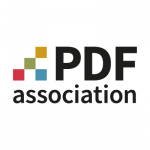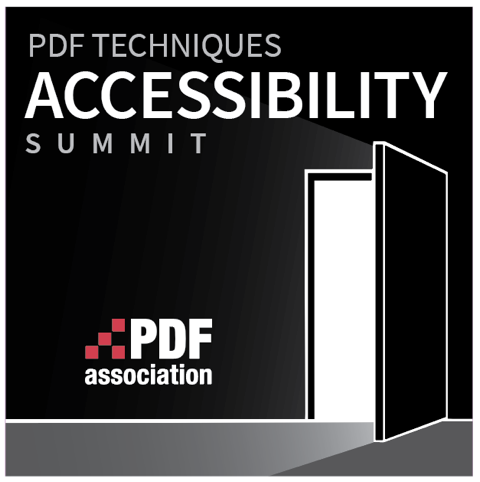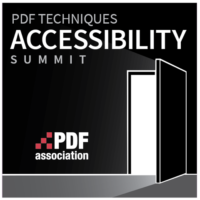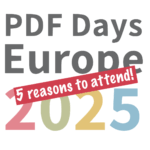Modernizing PDF Techniques for Accessibility

The PDF Association staff delivers a vendor-neutral platform in service of PDF’s stakeholders.


 In most cases, when institutions look to understand what's expected from website designers in term of accessibility the answer is the same: WCAG 2.0, a standard developed under the auspices of the W3C.
In most cases, when institutions look to understand what's expected from website designers in term of accessibility the answer is the same: WCAG 2.0, a standard developed under the auspices of the W3C.
Although rooted in core web technologies such as HTTP, HTML, CSS and JavaScript, WCAG 2.0 (and its successor, WCAG 2.1) is written in a mostly technically-neutral fashion. In accordance with regulatory pressure to keep things as simple as possible, this web content accessibility specification has been generally applied to all manner of electronic media beyond web content.
Conspicuous among these is PDF.
PDF Techniques for WCAG 2.0
WCAG 2.0 not only sets out normative language defining requirements for accessibility in web content, the Accessibility Guidelines Working Group that created WCAG specifications also created Techniques for applying these specifications in various types of content.
WAI clearly indicates that other techniques for determining conformance with WCAG 2.0 may be specified, and provides clear instructions on how to regard Techniques as "sufficient", "advisory" or otherwise. To model the idea of techniques for accessibility, and to provide a set of references for developers to consider when creating or assessing their own, WAI created Techniques for HTML, CSS, Flash, Silverlight, ARIA and PDF, as well as server-side scripting.
These formal PDF Techniques have been slightly tweaked over the ten or so years of their publication, but as of August 2018 still contained some significant limitations:
- Only a modest subset of the situations requiring guidance are covered by the 23 provided techniques
- With some exceptions, the Techniques tend to characterize the issues in terms of a single vendor's software
- Some Techniques include errors, misleading or suboptimal information
- The Techniques mix highly technical and end-user information together, potentially frustrating both types of consumer
These concerns are about to be addressed.
The PDF Techniques Accessibility Summit
Hosted by the PDF Association, this event is designed to bring experts in PDF accessibility together to introduce, debate and agree upon a wide variety of examples of properly-tagged and therefore accessible PDF files in order to establish a baseline understanding of what constitutes “semantically appropriate tags in a logical reading order”, to quote PDF/UA-1, 7.1, paragraph 2.
The event will focus on identifying best-practice when tagging difficult or edge-cases in PDF-encoded content. Questions to be addressed will likely include:
- What are the legal ways to tag a nested list?
- What's at least one correct way to caption multiple images?
- What's the appropriate way to organize content within headings?
- What's the correct way to associate a footnote's label with the content?
- What's the correct way to validate a given set of tags as semantically appropriate?
The results of the summit's conclusions will be edited for publication by the PDF Association’s PDF/UA Technical Working Group, part of the PDF/UA Competence Center. The target is a new Tagged PDF Implementation Guide focusing on tagging.
Once structured appropriately, this guide will be used as basis for a proposed replacement to the current set of PDF Techniques for WCAG 2.0, and as the default set of PDF Techniques for WCAG 2.1.
Want to know more?
The PDF Techniques Accessibility Summit event page includes the registration form and other information specific to attending this event.




